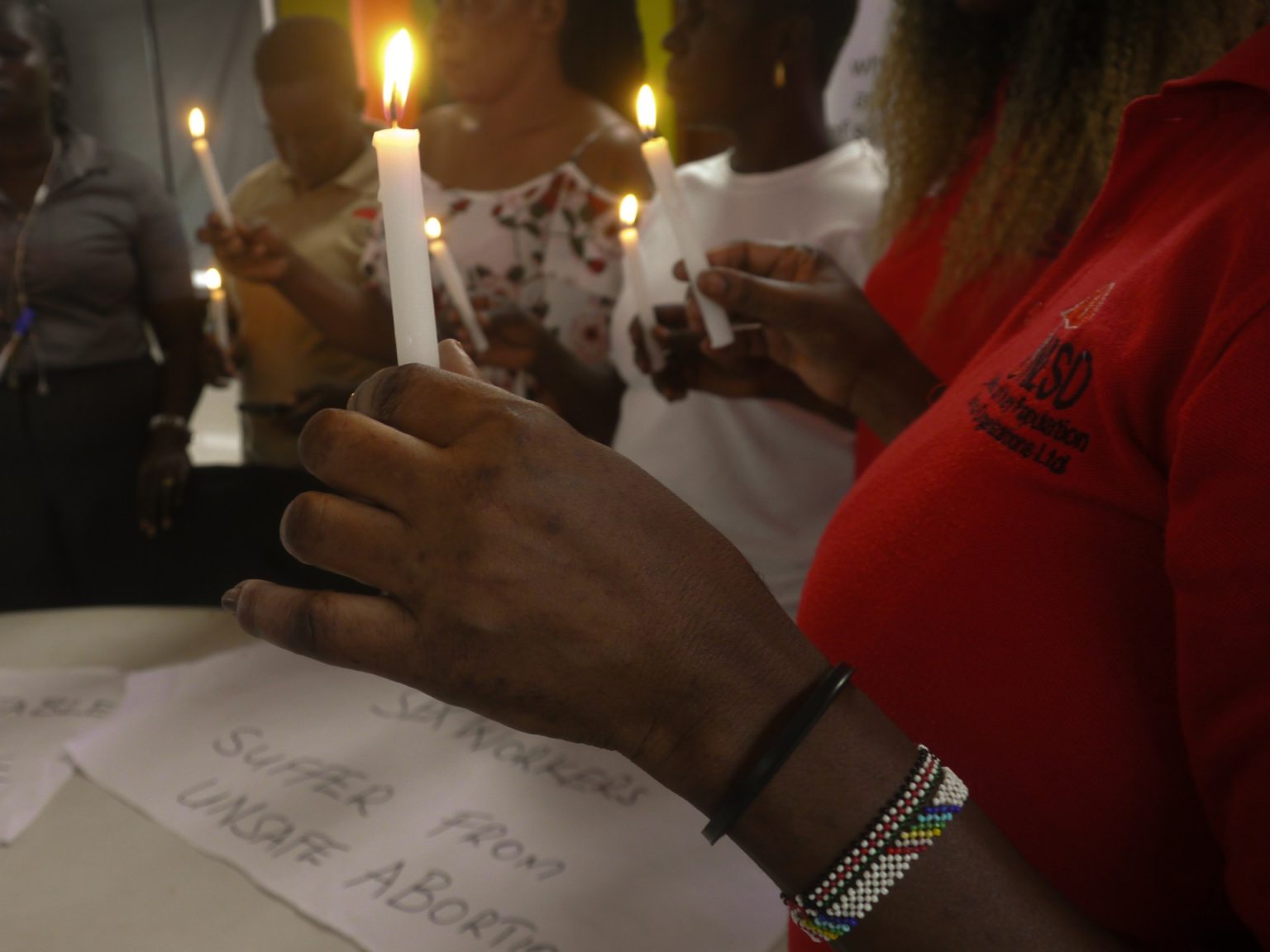Moses Odongo, a 40-year-old founder of a nonprofit organization in Uganda, received a call informing him of his 14-year-old cousin Christine’s death while attempting to terminate an unwanted pregnancy. This tragic event highlighted the impact of Uganda’s restrictive abortion laws and conservative culture, leading Odongo to express frustration at the lack of sex education and abortion access for young people. Abortion is highly restricted in Uganda, with both women seeking the procedure and doctors providing it facing criminal prosecution under ambiguous laws that contradict Ministry of Health guidelines. The lack of clear legislation has created confusion and fear, leading to unsafe and illegal abortions with dangerous consequences for women.
Despite restrictive abortion laws in Uganda, the government provides post-abortion care in hospitals to address the high number of deaths from unsafe procedures. However, this contradiction has led to stigmatization of women seeking care and ostracization of doctors providing it. International Safe Abortion Day has become an important event for activists in Uganda to raise awareness about the dangers of unsafe abortions and advocate for access to safe and legal procedures. Activists work in coalitions to reduce stigma and challenge restrictive laws, hosting information sessions and distributing contraceptives to vulnerable communities, particularly in a cultural context where abortion is highly opposed.
The tragic death of Odongo’s cousin Christine, who resorted to dangerous methods to end her pregnancy, is a stark example of the consequences of restrictive abortion laws in Uganda. Religious leaders’ refusal to pray at Christine’s funeral and the opposition to abortion from leaders like Janet Museveni highlight the cultural and political challenges faced by activists advocating for safe abortion access. Grassroots initiatives and outreach programs by organizations like Family Medical Point and Dynamic Doctors aim to provide education and support to vulnerable communities, including sex workers, who are often at higher risk of unsafe abortions due to lack of access to contraception.
Physicians, activists, and sex workers in Uganda are coming together to commemorate women who have died from unsafe abortions and to advocate for safe abortion access on International Safe Abortion Day. Events such as vigils and outreach programs aim to shed light on the challenges faced by women and girls in accessing safe abortion services, as well as the emotional toll of unsafe practices. The fight for abortion rights in Uganda is deeply personal for many activists who see firsthand the impact of restrictive laws on women’s health and autonomy. Despite challenges and opposition, advocates continue to work towards a future where safe and legal abortion is a reality for all women in Uganda.













